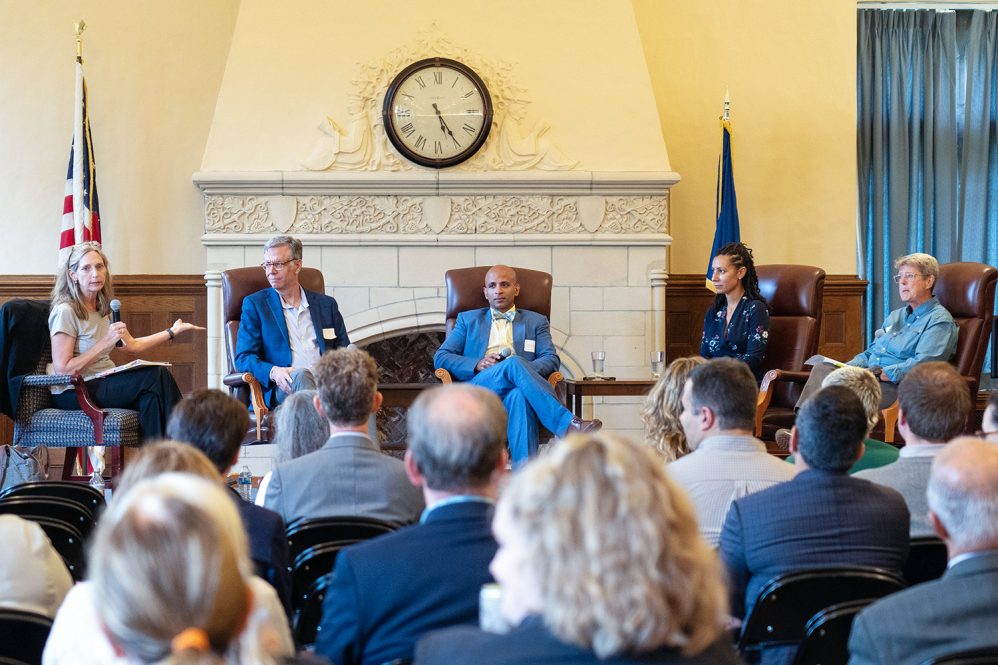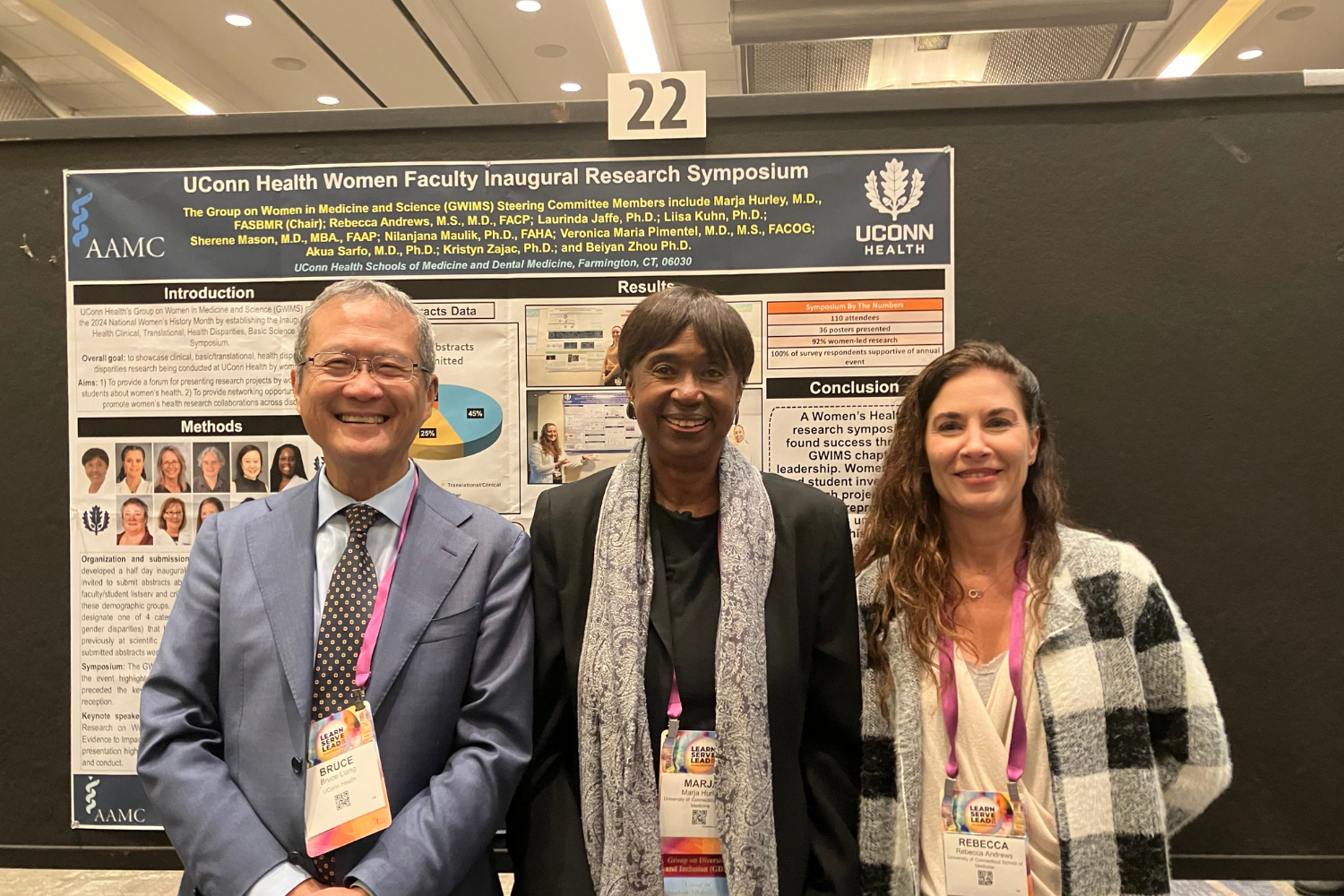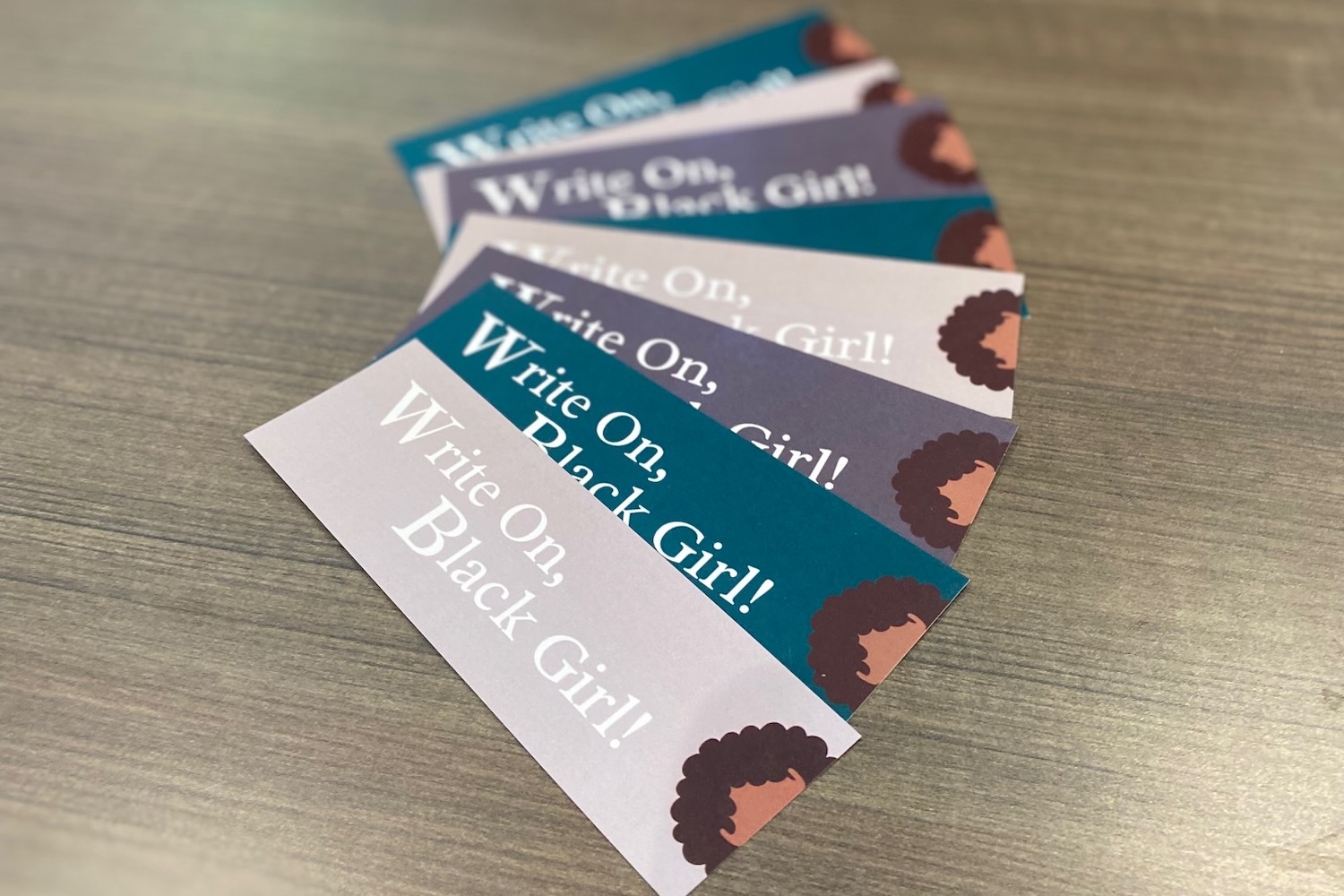A roundtable discussion at the UConn School of Law explored 303 Creative LLC v. Elenis, a recent U.S. Supreme Court ruling holding that a website designer has a First Amendment right to refuse to provide wedding websites for same-sex couples.
The event, the first in a series entitled “In Conversation: The Supreme Court,” was held on Sept. 13, 2023, in the Reading Room in William F. Starr Hall.
Professor Dale Carpenter of SMU Dedman School of Law supported Justice Gorsuch’s majority opinion, explaining that it was a narrow ruling extending First Amendment protection to expressive services such as the plaintiff’s wedding website design services but not to other kinds of discriminatory conduct lacking expressive content. The other three panelists disagreed.
Professor Katherine Franke of Columbia Law School said that the court showed more concern for the religious beliefs of the plaintiff than for the rights of LGBTQ people. She called the decision sloppy and said it lacked a limiting principle to safeguard other protected classes of people from discrimination.
Attorney Ria Tabacco Mar, director of the Women’s Rights Project at the American Civil Liberties Union, criticized the court’s “stubborn refusal to see discrimination,” both in this case and historically in others. She compared the decision to the Supreme Court’s invalidation of Reconstruction-era laws intended to protect formerly enslaved people.
While he agreed that civil rights law and the First Amendment can conflict, Professor Craig Konnoth of the University of Virginia School of Law called the case “manufactured” and said it involved questionable standing because no same-sex couple had asked the designer to create a website. He queried whether the case could be used, for example, to support limits on interracial marriage.
Carpenter, who said he supports and defends civil rights laws, responded that courts should be very cautious in applying 303 Creative LLC v. Elenis in other situations.
The discussion was led by Anne C. Dailey, associate dean for faculty development and intellectual life at UConn School of Law. “It was a privilege to moderate a discussion of this case with such distinguished speakers,” she said. “Our In Conversation series brings students, faculty and alumni together to hear a range of amazingly talented academics and lawyers discuss some of the Supreme Court’s most momentous recent decisions.”
Dean Eboni S. Nelson said the program marked an auspicious start to the series. “Dean Dailey and our distinguished panelists demonstrated that spirited discussions enhance the intellectual life of the law school and wider community, and they modeled the importance of civility and respect in exploring different viewpoints on the legal issues of the day,” she said. “It was a tremendous success.”
The series will continue on Nov. 15 with a discussion of the Supreme Court’s ruling in SFFA v. Harvard, which severely restricted consideration of race in higher education admissions.



